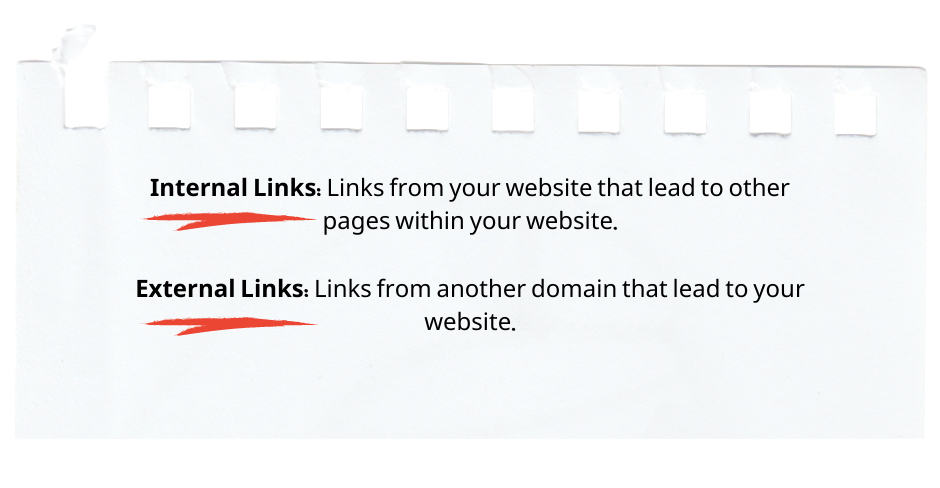Ranking on the first page of Google is every business owner’s dream. However, getting to the first page is not as easy as one might think. There are many different SEO factors that all play into whether or not your website will rank well on Google, and it is important for any business owner to understand what these factors are in order to optimize their search rankings. In this article, we will discuss the top tricks on how to rank higher on Google.
Set up Google Search Console
One of the best ways to ensure that your website will rank well on Google is by setting up a free account with Google Search Console. This allows you to see how Google crawls your site, which pages are indexed in their system, what terms people are using when looking for content related to yours, and more.
Optimize Your Page Title Tags
Similar to traditional SEO link-building techniques, it’s important for search engines to know exactly what keywords you’re optimizing for in order to increase the likelihood of ranking higher in results. This is where your page title tags come into play.
Google will look at the keywords in your Meta title, and use them to help determine how well-optimized your content is for a given topic or keyword phrase. Using descriptive key phrases within these titles helps Google better understand what you’re trying to say with each individual piece of content on your website.

Optimize Your Meta Descriptions
Because Meta descriptions are what shows up underneath your page title tag within Google Search Results, it’s also important to optimize these for each of the pages on your website. This helps with click-through rates, which in turn helps Google better understand what your website is about.
To avoid getting flagged by Google as a spammy practice, be sure not only to mention keywords but keep your Meta description under 160 characters. Anything longer than this will get cut off when displayed on SERPs anyway so there really isn’t any point!
Utilize Schema Markup
Schema markup allows search engines to associate different types of data with a specific type of content on your site. It has been shown to help increase the likelihood that you’ll rank well for certain keywords or phrases within organic results. By implementing schema markup throughout individual pages on your site (where relevant), you will not only improve how high you’re ranked in results but also improve user experience by providing additional useful information for users.
Optimize Your Site’s Page Speed/Performance
Many studies have shown that even just a 1second delay can result in a huge drop in the number of visitors you get to your site. That’s why it is important to not only look at how optimized your website is from an SEO standpoint but also how fast each page loads for users.
By utilizing SEO tools such as Google PageSpeed Insights, Pingdom Tools, and GTmetrix among others, you can easily see what’s slowing down individual pages on your website or where there might be potential issues. You can then use this information to fix performance issues on your site, thus improving load time and overall user experience.
Use the Right Keywords in Content
Although it is important not to overly stuff keywords into your content (which actually could get you flagged by Google), using the right key phrases at relevant points throughout each page will help with rankings.
Optimizing for long-tail keyword phrases helps ensure that you’re getting traffic from more specific searches instead of broad ones. This can be especially beneficial if you are a local business since people tend to search more specifically when they are looking for something near them.
Optimize Images
Gathering images, you need to optimize them for use on your website.
When uploading images to your site, make sure to create your logo files, not only to give each image a relevant name but also to add an alt text with keywords where applicable. When you upload the images into blog posts or other pages of content, alt texts help Google better understand what is being shown so that it can help determine whether or not you should rank well in search results when someone looks up related information.
Check Your Site’s Mobile Optimization
With mobile devices becoming more and more popular every day, it has become even more important than ever before to ensure that your website will display correctly across all different types of screens/devices users are accessing! Google launched Mobile-First Indexing in 2018, which means that any site not optimized for mobile will be ranked lower than those that do.
By utilizing tools such as Google’s Mobile-Friendly Test and SEO plugins, you can easily check to see if your website is fully optimized when accessed from a mobile device. If not, then there are plenty of resources available online on how to improve this.

Optimize Internal Website Links
Be sure to utilize internal links throughout individual pages on your website so search engines know what content is most relevant to other areas of the same page. This helps with overall SEO performance by linking together different types of related keywords/phrases across multiple pieces of content on your site into one cohesive unit.
Create and Submit a Sitemap
A sitemap is an XML file that lists individual pages on your site and directs crawlers to those areas. This helps with crawling and indexing while also making it easier for search engines to determine which pages are more relevant than others.
It is important that you submit a sitemap not only through Google but also through other major search engines such as Bing and Yahoo so your site can be indexed/crawled effectively across the board!
This SEO checklist is important, and you should include it in your business arsenal in 2022. It will help you rank higher on Google, and ensure your site sticks out from the competition. Do additional research, and find other ways to improve your site’s SEO performance. Good luck!

